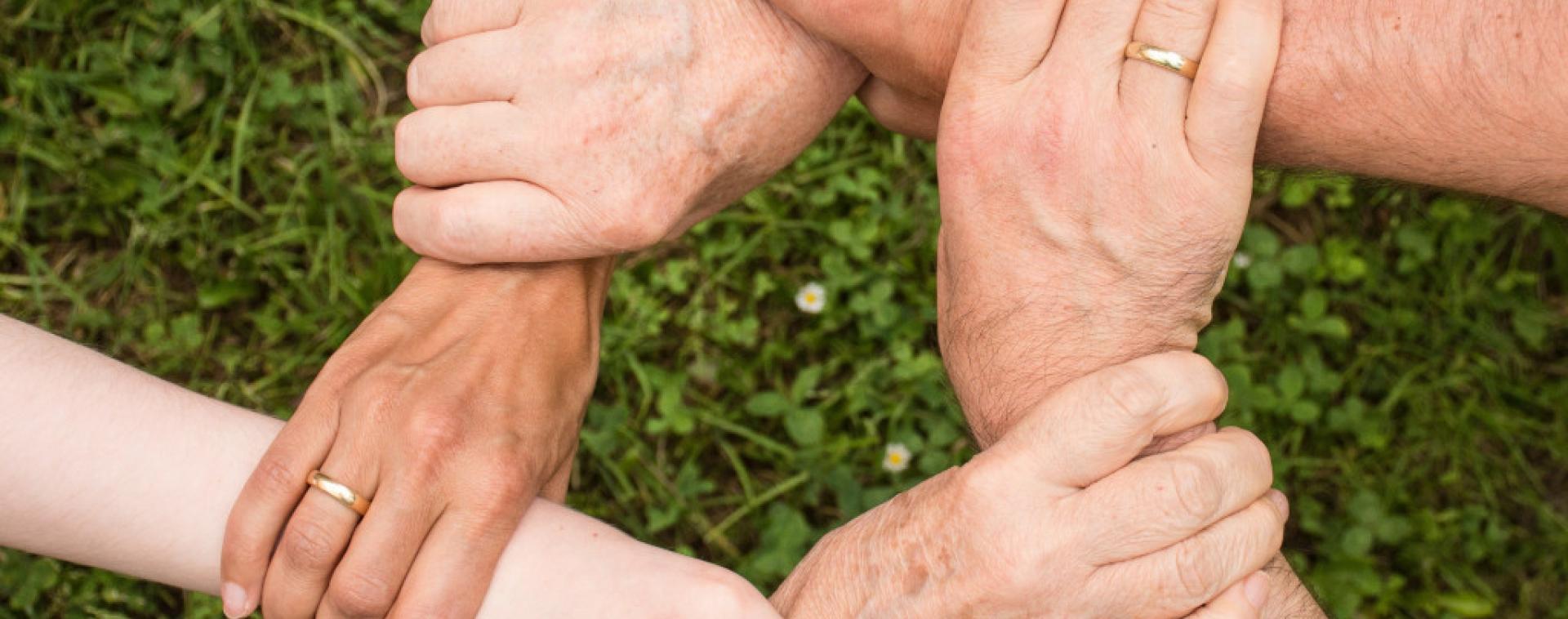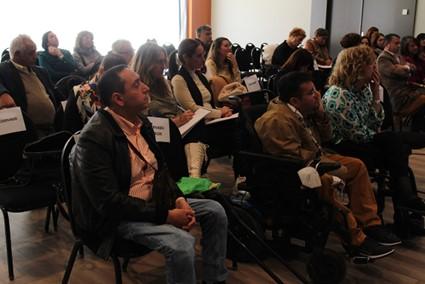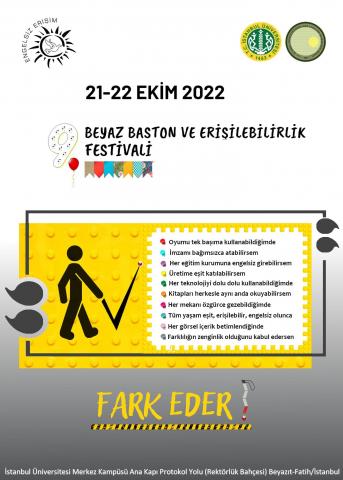BACKGROUND
Disability has been on the international political agenda since the United Nation’s Convention on the Rights of Persons with Disabilities in 2006. As can be seen from policy papers, there is a wide acceptance of the importance of social inclusion of people with disabilities, as it is still a challenge for many EU countries to efficiently manage that social issue. In addition, according to data from OECD, EU, and Turkey, about 15% of the world's population consists of people with disabilities. If we take into consideration the data of the partners’ countries, Greece has approximately 1 million disabled people, Spain 3.8 million, Turkey 4.9 and the UK 13.9 million.
Various studies and projects on people with disabilities have so far been focusing on the aspects of the emotional wellbeing, aiming at improving disabled people’s employability, educational prospects, self-esteem, self-efficacy, etc. The above variables are vital for the life quality of people with disabilities. Nevertheless, an important part of a disabled person's life loses attention and study, such as the transition from hospital discharge to home, where life is not the same as before. Such period is as vital as a disabled person’s wellbeing and improved chance of employability. This period is just as important for study and research as are studies focusing on the emotional or occupational well-being of people with disabilities. In conclusion, although the disabled are on the agenda of policy makers, the initiatives, ideals and goals of reintegration are not fully achieved.
AIM
Our goal is to provide a supportive online environment that will help and guide the target group to adapt to the new life conditions and to reintegrate into society. Although such instructions and information are provided either by the State or by consortia, they are not easily accessible and understandable to the target groups, while these institutions do not interact and exchange information with each other. Through the creation of this online guide we will be able to help people with disabilities to rediscover their abilities and capabilities, as well as to strengthen the relationship they have with government mechanisms and institutions. Being able to find a way to claim rights as a citizen or to set up a business or take up vocational duties, or expand educational opportunities is one of the main methods of eliminating social marginalization. It is worth noting that this project will contribute to one of the targets of Europe 2020 Strategy for social inclusion of adults with disabilities.
APPROACH
All partners will contribute to the designing of the online guide and innovative tools for people with acquired disabilities and their families, aiming at the social inclusion of these people.
The online guide will promote the “easy access to the world” and will accompany the disabled in the transition period of their life from hospital discharge to settling back to life. It is our belief that such tools will facilitate their social inclusion and provide access to employment in the long run. In this context, the main innovation of this online guide is the given emphasis on the importance of providing accessible guidance for the social inclusion of people with acquired disabilities. Establishing this kind of bridge to social life will offer an opportunity to break out of social isolation and dependency that will also result in creating their own process to reach employment or discover new opportunities in education, etc. Another innovation is that the online guide is not limited to people with disabilities but also their families who at the same time go through barriers and difficulties.



